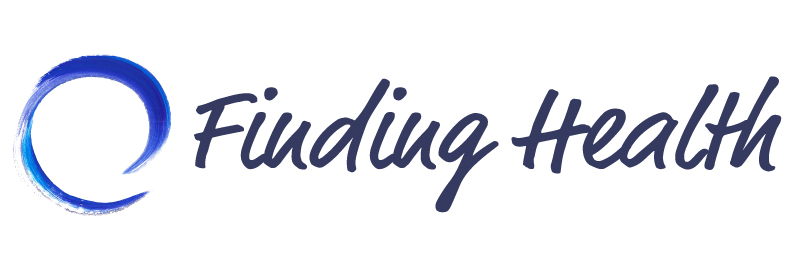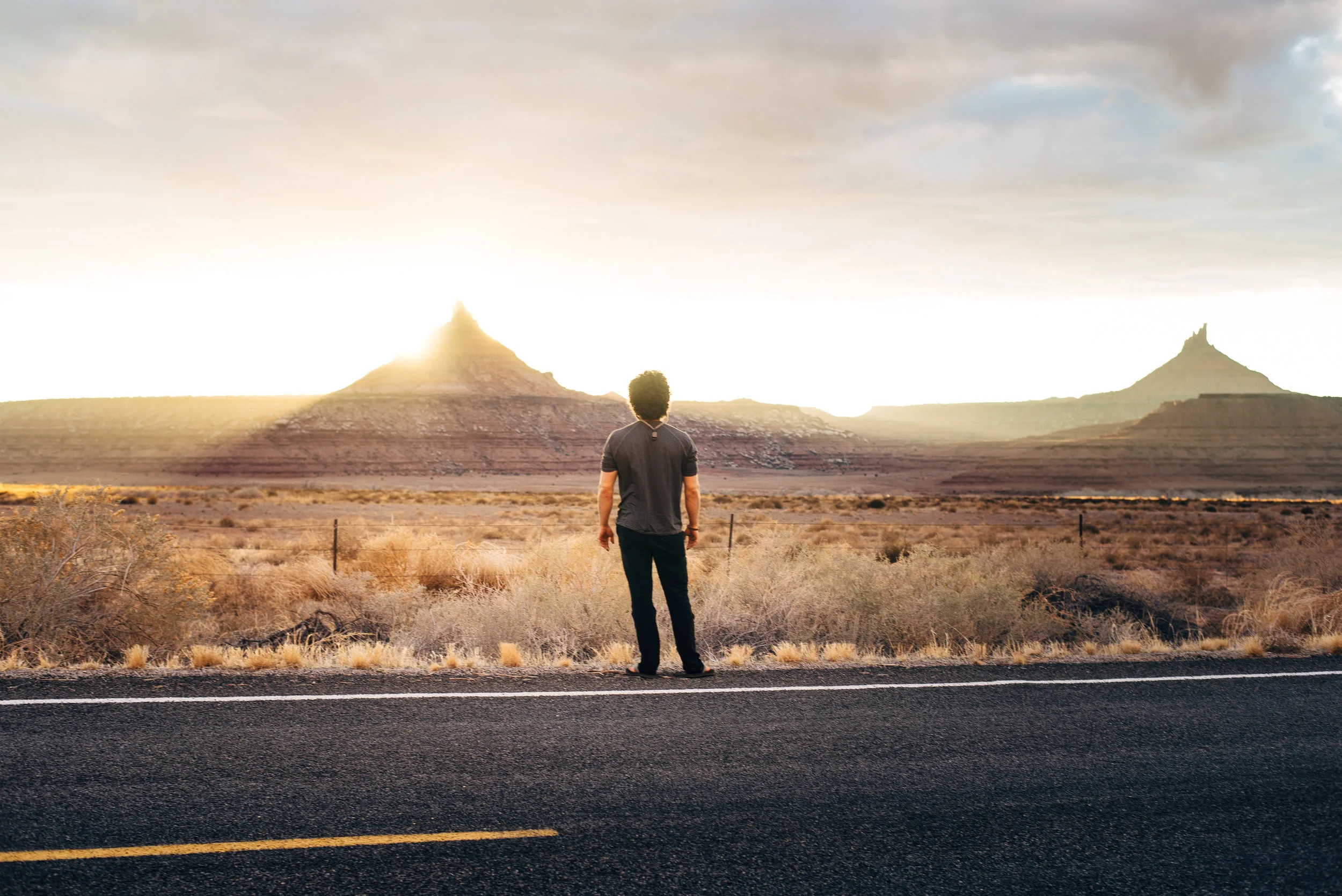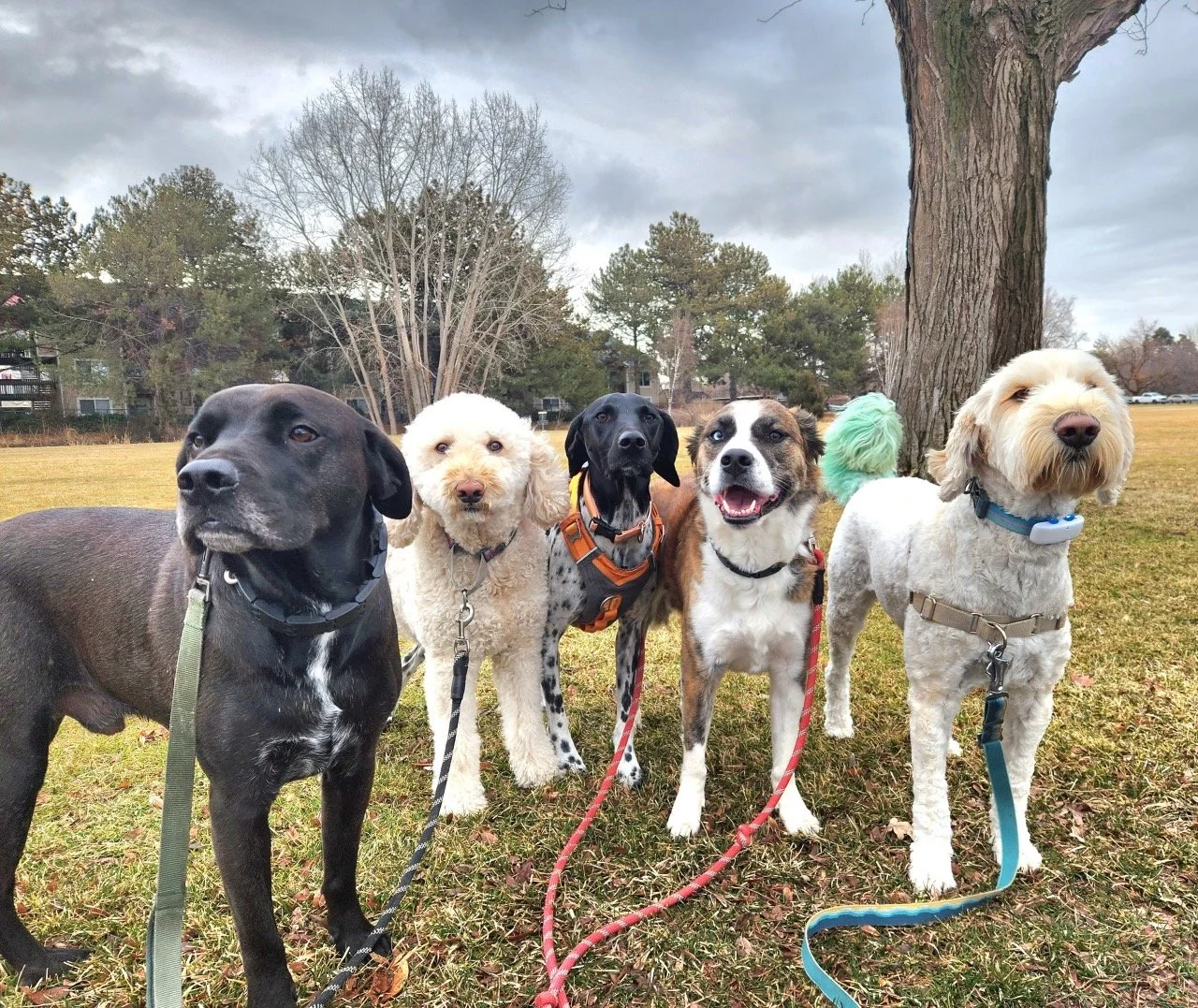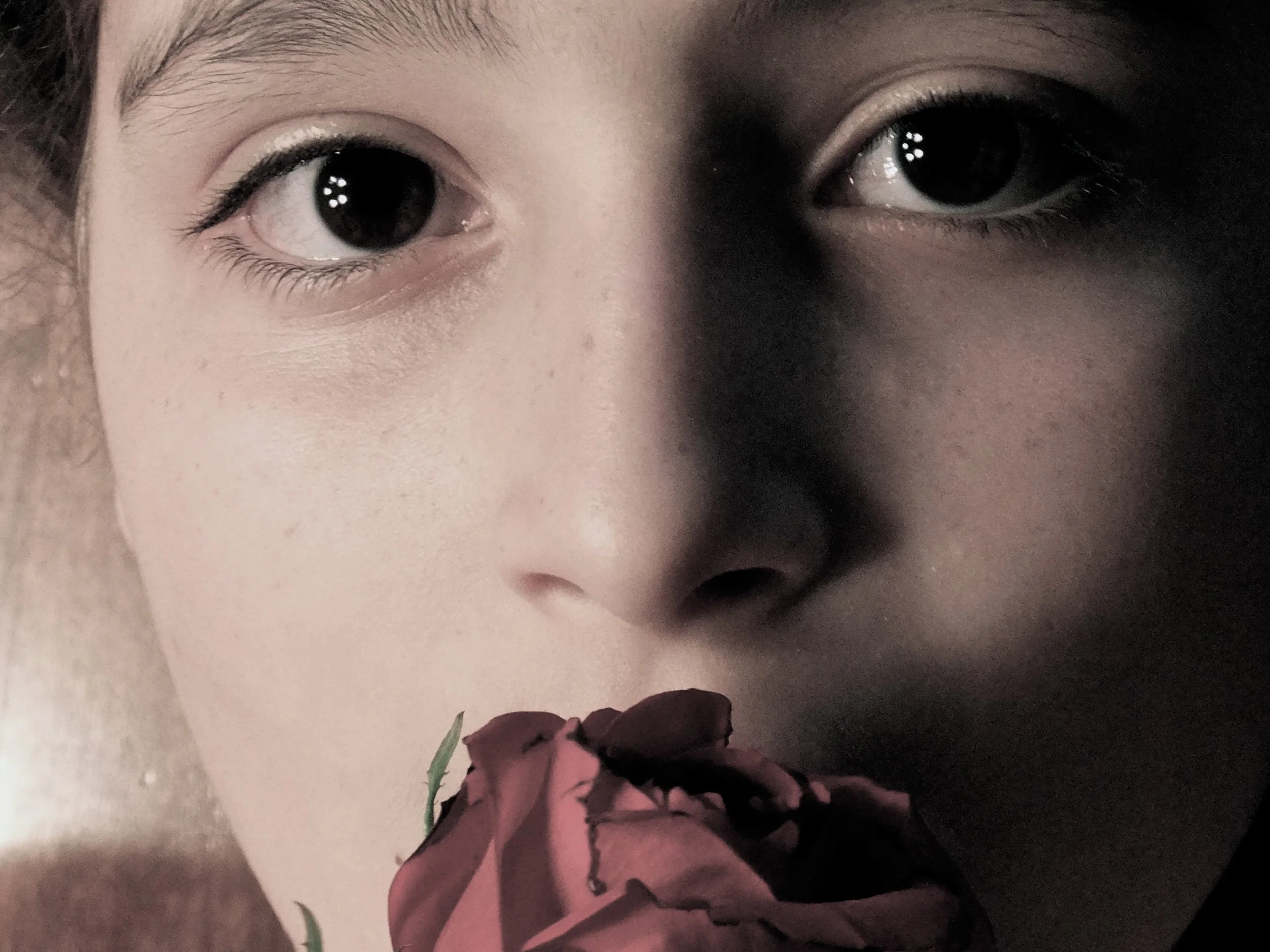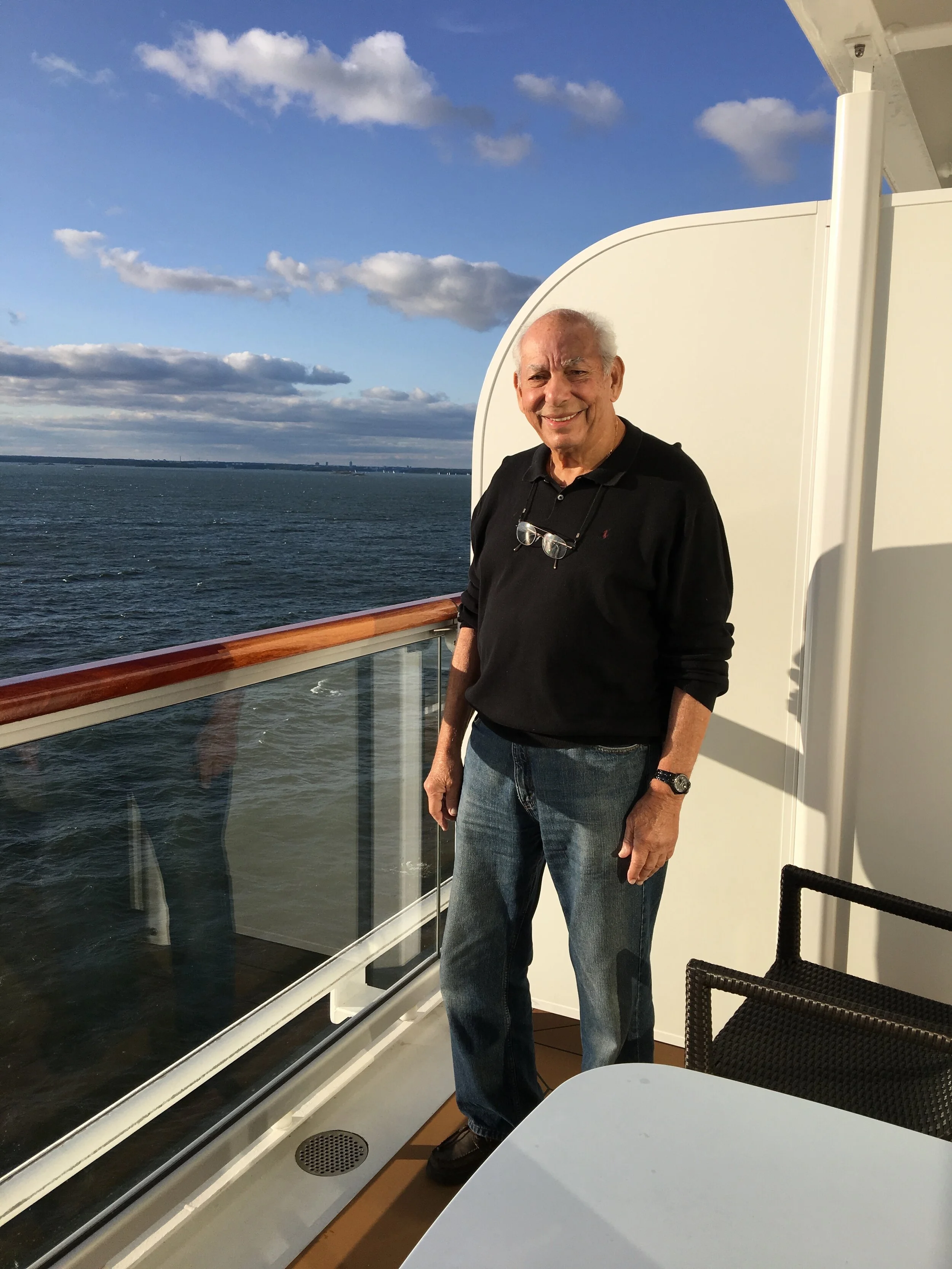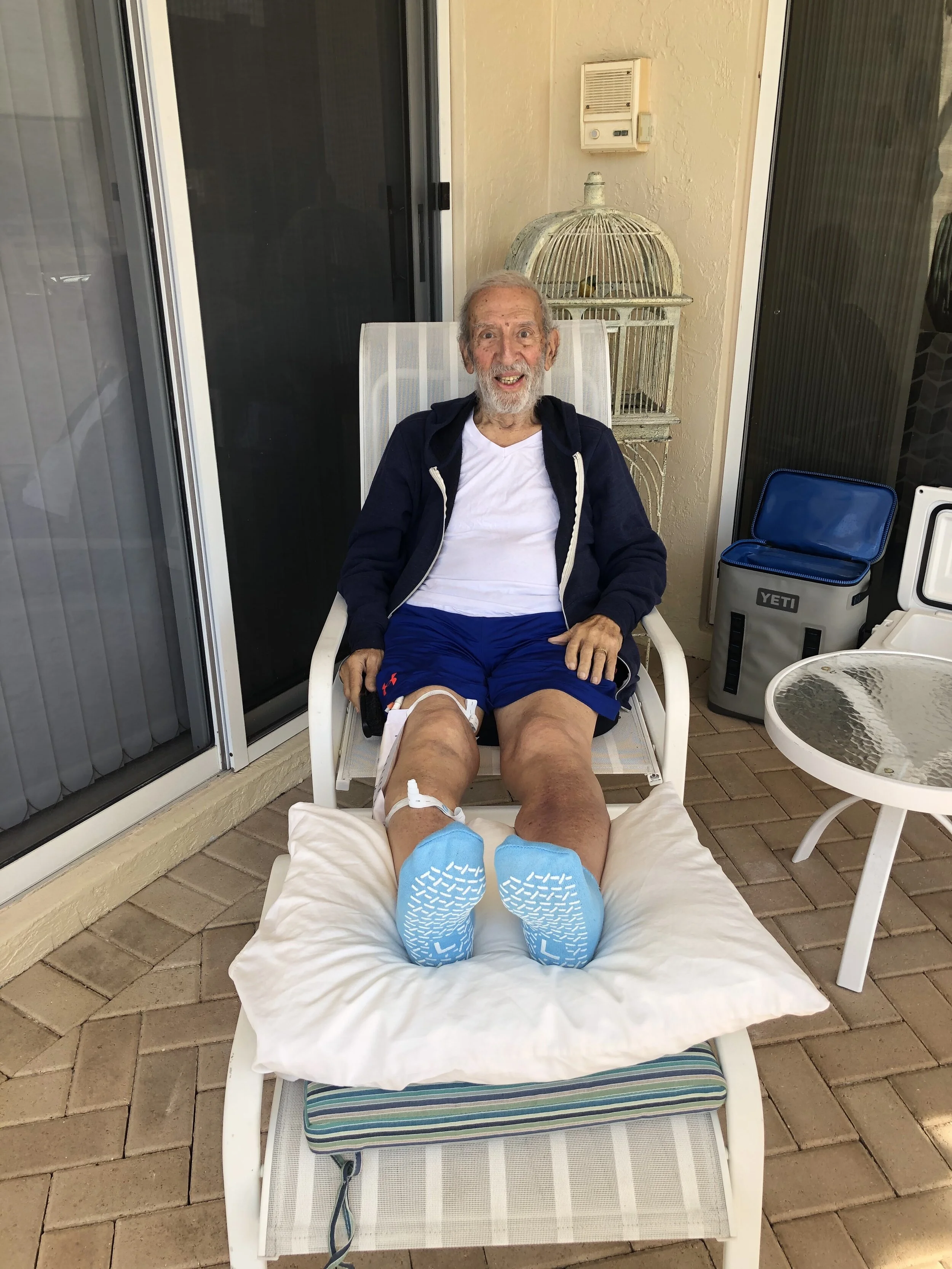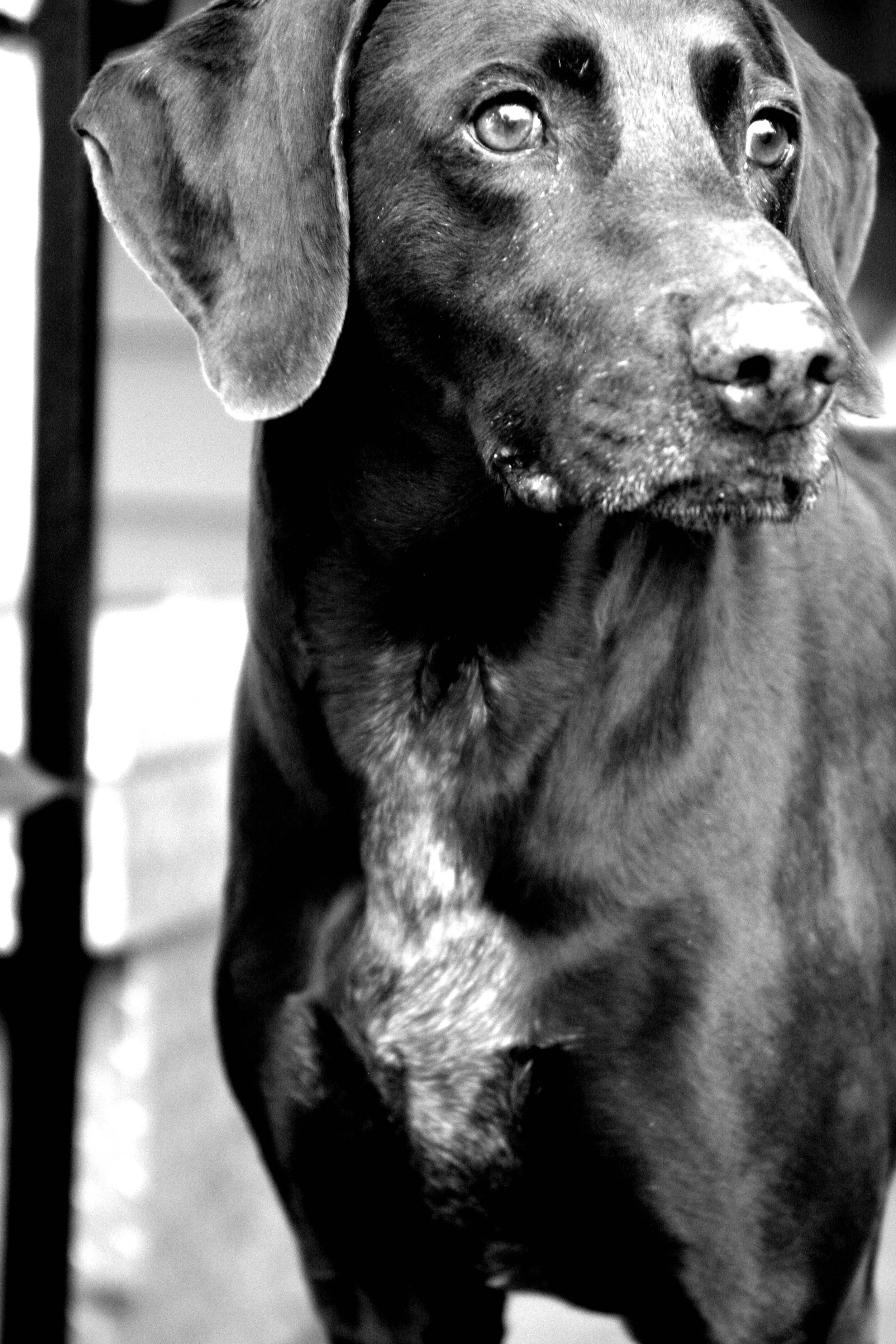A Friend in Pain
As I looked around the table at my physician colleagues and friends, I didn’t recognize her. We started our meeting with introductions, and when she stated her name, I looked up, startled. The person who was speaking was unfamiliar to me. The enthusiasm and joy that she radiated so clearly a few years before had disappeared. The individual before me was distant and cautious, and in some way that I didn’t understand, traumatized. Even her voice seemed different. I looked into her eyes, but I could not find her.
What had happened? I took a chance and invited her to join me for a cup of tea. We met the next week, and remarkably, even though we did not know each other well, the conversation was easy and relaxed. We quickly omitted small talk and moved to a more pressing issue: the profound distress that she and other physicians in our community were experiencing as they practiced clinical medicine.
She did not guard her emotions; exhaustion and disillusionment had stripped away all pretense. All that remained were raw feelings, and the hope that someone would understand and care. We talked for hours. She described the wedge between her desire to help patients heal and the structures that had been put into place to “measure her value” with numbers. Number of patients seen, number of prescriptions written, number of tests ordered … Her sincere commitment to her art and compassion for her patients had been relegated to second place behind the numbers.
We met several times, first making space for the expression of pain and grief. She was not looking for answers. Yet, in some way, despite the lack of congruence between her training and the expectations of a changed system, she was still hoping to reconnect with her calling. Slowly, over time, moments of laughter crept in, and we rested in the comfort of our shared humanity. She knew that I understood, but most importantly, that I cared, and this provided a foothold, a starting point for healing.
Many physicians nationwide share similar experiences. They find it difficult to describe the dissonance between their expectations and reality. Yet, the injury is real. Research consistently confirms a critical decline in the health and well-being of physicians. The loss of physician colleagues to suicide has been devastating to our medical community and heightened our commitment to actively address this public health crisis.
A Community Responds
My colleague Ed and I often meet at a little breakfast spot to share ideas and find inspiration. Long time physicians, we clearly remember a time when physicians shared a genuine enthusiasm for professional work. Most physicians owned their own practices. Extensive administrative demands and regulations did not disrupt the effective practice of medicine, and physicians had time to build strong relationships with patients and their families, as well as their peers, so they could navigate challenges together.
We remember when physicians, administrators and other healthcare professionals worked side by side to provide high quality, compassionate health care to our patients. While we did not always agree on the best way forward, we sincerely respected the legitimacy of each person’s point of view, while actively pursuing efforts to negotiate the differences. On this sunny morning in July, deeply concerned about the well-being of our colleagues, and acutely aware of the complexity of the issues, Ed and I wondered what our small community could do to effectively respond to this crisis.
We were on the cusp of a 2 day Rediscovering Meaning In Our Work retreat conference created to explore the drivers of physician burnout and moral injury and provide a space for physicians and healthcare executives to connect, openly share their experiences, communicate concerns and identify creative, collaborative pathways forward.
In preparation for this event, Ed and I decided to invite friends from several sectors of healthcare to come together to actively address a system-level issue with significant impact on the health of our medical community. If we could make progress in the few months before the conference, we could share the results with our peers, and hopefully, provide inspiration. Our group became known as the Idaho Physician Well-Being Action Collaborative (IPWAC).
For our first project, we chose prior authorization, a process that significantly increases administrative demands on physicians in clinical practice and compromises patient care. Our goal was to bring prior authorization capabilities and medication costs and alternatives to physicians at time of service via the electronic health record. We invited physicians, hospital administrators and insurance company executives with whom Ed and I had established relationships to join the conversation.
While our first meeting was a bit contentious, we have come together every 2 months for over 6 years, and most of the people who started this work with us continue to participate, even after they have moved to other jobs. Each year, new friends in our local community and around the country join us. Many of the participants express that they feel nourished and inspired by our conversations, and while Ed and I facilitate, the success of this work is shared by each person who has contributed.
We have made significant progress. We have reduced prior authorizations by over 50% in some instances, coordinated prior authorization grids and started to build the infrastructure needed to accomplish other goals. Most importantly, we have cultivated a strong network of diverse individuals who openly and respectfully share ideas, insights and experiences with each other, and are committed to doing this work together.
New Projects:
Our community circle is now viewed as a welcoming space where people with different perspectives and experiences come together to effectively address complex and potentially divisive system-level healthcare issues.
In 2023, in response to the changes in the reproductive laws in our state, we expanded our focus to include women’s health. We are collecting and organizing data to detail the impact of the current laws in our state on health outcomes, access to medical care, the physician workforce, medical costs, economic growth and other factors that affect the health of our community. As we build an accurate and comprehensive database and identify important trends, we are sharing the results with our local community and communities nationwide.
An initial report highlighted a significant decline in our physician workforce in the 15 months after the change in laws in our state, with the closure of hospital obstetrics programs, and thus, reduced access to healthcare for all Idahoans. The data in this report has been highlighted in television and radio interviews and included in publications nationwide. In addition, this research was referenced in a U.S. Senate report entitled “Two Years Post Dobbs: The Nationwide Impact of Abortion Bans.”
We continue to collect data and welcome healthcare and business professionals, educators, legislators and many other community members to join us at our roundtable to explore the research, share their insights and identify innovative solutions.
A Community Healthcare Movement:
In 2019, in collaboration with of a small group friends with broad experience in education and healthcare, we extended our friendship-centered approach to our wider community by creating the Compassionate Communities Healthcare Movement (CCHM). Our multi-generational movement includes seasoned professionals as well as university and medical school students. We work together to rekindle cooperative responsibility for the health of our communities, advance health equity & inspire compassionate action.
This October, the Compassionate Communities Healthcare Movement, Idaho Physician Well-Being Action Collaborative and Ada County Medical Society (ACMS), three organizations deeply committed to relationship-based work, are welcoming Dr. John Paul Lederach to our community. Dr. Lederach is internationally recognized for his pioneering work in the field of conflict transformation, reconciliation and international peace building. His experience highlights the potential for everyday people to shift the trajectory toward peace. He will meet with us at the Wassmuth Center for Human Rights to share insights and strategies that can be applied to current challenges.
In 2025, Compassionate Communities is offering a Root Down Reach Out retreat conference to organizations and individuals who are working to actively address the impact of wildfires, droughts, floods, heat waves and other environmental events on the health of our communities. Similar to the retreat for physicians in 2018, we will welcome many voices, including those not often invited to the conversation. Local artists, musicians, poets and others community members will help us create a nourishing space to cultivate connection, deepen understanding, inspire hope, and move forward together.
A Dynamic Approach:
Ed and I often receive phone calls from people in other states asking us how we developed a coalition of diverse individuals from several sectors of our community who are enthusiastically and successfully working together to address complex healthcare issues. We have reflected on our experience and identified three integral aspects of our work together that differentiate our approach from more conventional, process-oriented efforts:
Cultivate A Circle of Friends
To advance cooperative and effective action, we believe it is essential to nurture and expand our relationships. We integrated an approach to cultural and social change illuminated by Dr. John Paul Lederach, a pioneer in the field of international peace building. John Paul has worked for decades to address violent conflicts around the globe, demonstrating that social and cultural change start when a small group of people decide that circumstances are intolerable. Before they develop a plan to address the situation, they ask each other:
Who Do You Know?
NOT who do you know who agrees with us, but "Who do you know with whom you have a relationship who you can welcome to join our conversation?”
John Paul proposes that our friendships provide an essential, sturdy and flexible foundation as we work to address complicated issues. With friends, we are more likely to listen carefully and respectfully, consider new ideas, recognize our biases and strive to understand each other. Our vision emerged from concern about the declining health and well-being of our physician friends, so we started by inviting a small circle of friends who share our concern to respond to this crisis.
In an effort to strengthen our relationships, we have integrated two practices. First, we take time at the start of each meeting (and between meetings) to check in with each other, and when someone shares that they are going through difficult times, we provide a space for conversation and support. When caring relationships are prioritized, our work together is organic, creative and meaningful.
Second, we address each other by first names. This simple practice makes it easier to connect as individuals, each with our unique struggles, dreams, and insights, rather than focusing on titles. Doing so also nudges us to consider our attachment to identify and its effect on the quality of relationships that we develop.
Our circle of friends is continually growing. Ed and I encourage each of the Action Collaborative participants to welcome people with whom they have relationships to join us, especially individuals who see the world in ways that are vastly different from their own. At times, discussions among people with diverse opinions ignite strong emotions, but rather than shying away from disagreements, we make space for respectful inquiry into the reasons that we feel strongly about a particular idea. These times are unique opportunities to learn together, expand understanding and uncover shared values.
Friendship is a moving frontier of understanding, not only of the self and the other,
but also of a possible and yet un-lived future.
David Whyte
2. Embrace Spontaneity
While we organize an agenda for each meeting, we remain flexible, and when our conversations are filled with enthusiasm and creativity, we do not interrupt the excitement. We trust that the energy and wisdom of the group will provide direction. Feelings of vulnerability may arise when “thinking out loud" and straying from a planned agenda. Yet, in these spontaneous moments, previously unseen insights often emerge, inspiring continued enthusiasm.
We often smile when we think back to the moment when we recognized that the hospital system and insurance company executives, pharmacists, physicians, legislators and medical societies in our group all agree that prior authorization reform is imperative. Discovering this unexpected common ground was a good reminder that many of the assumptions that contributed to the contentiousness of our first meeting were inaccurate, and has motivated us to work to transcend our biases and view ourselves, our community and our work with a wider lens.
Our approach integrates the concept of “unordered space” as described by Cynthia F. Kurtz and David J. Snowden. Kurtz and Snowden suggest that facts and patterns emerge from the experience rather than a well-defined framework. They propose that in unordered space, knowledge arises from dynamic relationships in the moment and is a function of trust, stories, and connections.
Many participants share that they enjoy the freedom of this organic, non-linear approach, and are surprised and inspired by all that we accomplish when working together in this way. We find that with practice, it becomes easier to trust ourselves, each other and the creative process.
3. Reach Out to “Unlikely” Friends
Colleagues often ask us “How did you convince that person to meet for coffee or come speak at your retreat?” Our response is “We just asked!” Importantly, we do not reach out to people to convince them to support or join our efforts. We invite them to meet with us to get to know them, to share ideas and insights with each other, as we would with a new acquaintance, a potential new friend.
We ask questions like “What do you feel are the most important issues that we are facing right now?” and “What do you think are the best ways to address them?” We explore our work with them, sincerely asking for their input, and similarly, invite them to share their work with us. We spend much of our time together learning about each other.
When we connect with authenticity and genuine respect, and envision new possibilities for healing in our world, the ripples generated are many and varied. Even if we do not work together in the traditional way, hopefully, we both come away from the conversation with novel ideas, inspiration and a new friend.
In a presentation many years ago, John Paul Lederach shared that in his experience, if we hope to achieve sustainable social change, “first and foremost, we must be friends."
Our Invitation:
By sharing our experience, we hope to inspire people to join us or develop their own Physician Well-Being Action Collaboratives so more people can come together in community, and with kindness and genuine respect for each other, work to enhance the well-being of the physicians who dedicate their lives to care for us.
Generating system-level change may feel overwhelming, or perhaps even beyond reach, yet our experiences have taught us that when friendship is the heart of our work together, substantial social and cultural transformation and healing are possible.
Social healing is made up of space moments of resonance,
voices touching voices in a common space.
John Paul Lederach
Dr. Deb Roman and Dr. Ed McEachern founded and facilitate the Idaho Physician Well-Being Action Collaborative (IPWAC) and work together on the board of the Compassionate Communities Healthcare Movement (CCHM). They share presentations and workshops on the transformative potential of friendship-centered community circles. Please feel free to connect with them at drdebroman@finding-health.com or edward.mceachern@gmail.com.
References:
The Pocket Guide for Facing Down a Civil War: Surprising ideas from everyday people who shifted the cycles of violence. John Paul Lederach
Changes in Burnout and Satisfaction With Work-Life Integration in Physicians During the First 2 Years of the COVID-19 Pandemic. Shanafelt, West, Dyrbye, Trockel, Tutty, Wang, Carlasare, Sinsky
The new dynamics of strategy: Sense-making in a complex-complicated world. Cynthia F. Kurtz and David J. Snowden
The Moral Imagination: The Art and Soul of Building Peace. John Paul Lederach
Building Peace: Sustainable Reconciliation in Divided Societies. John Paul Lederach
